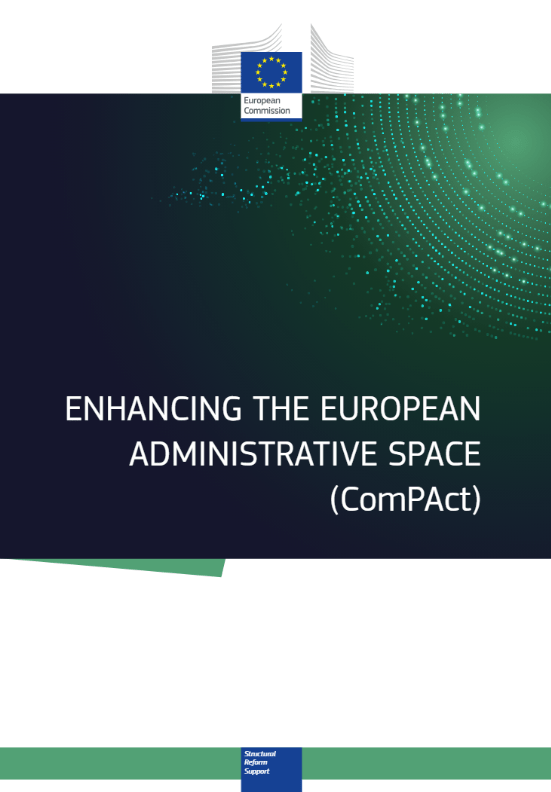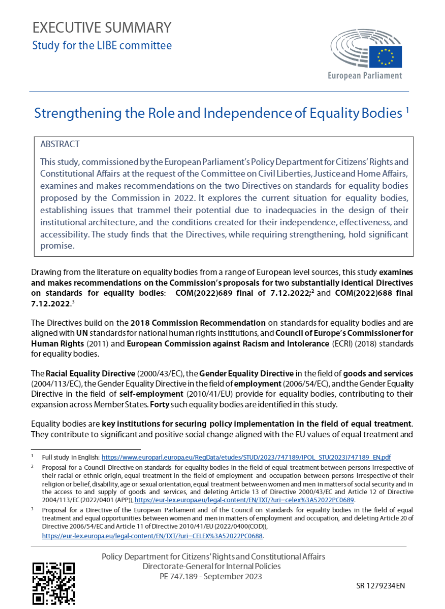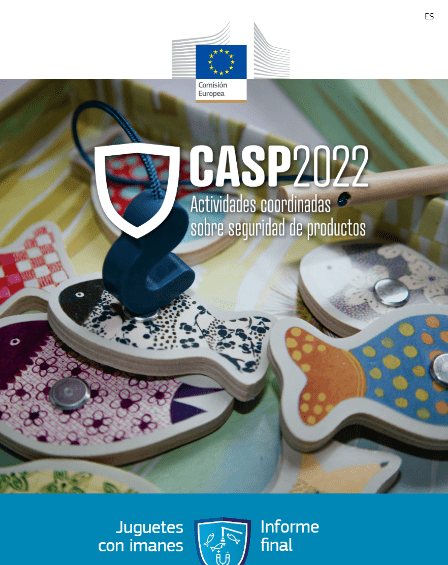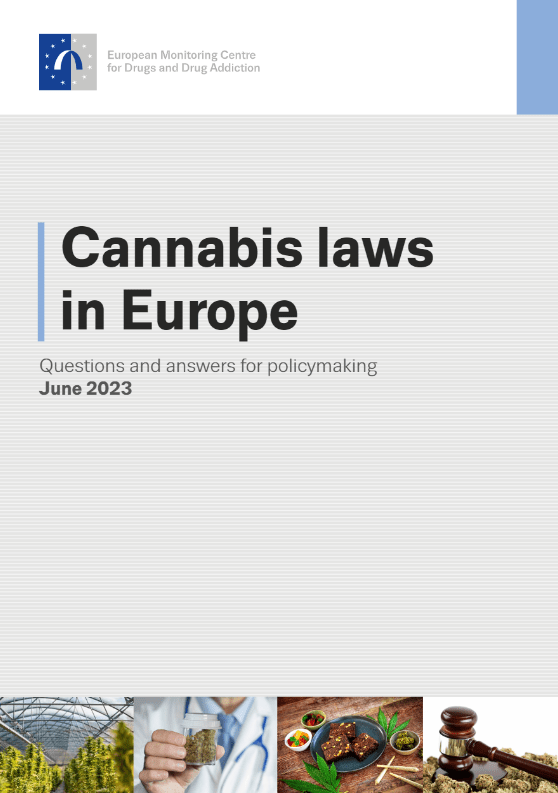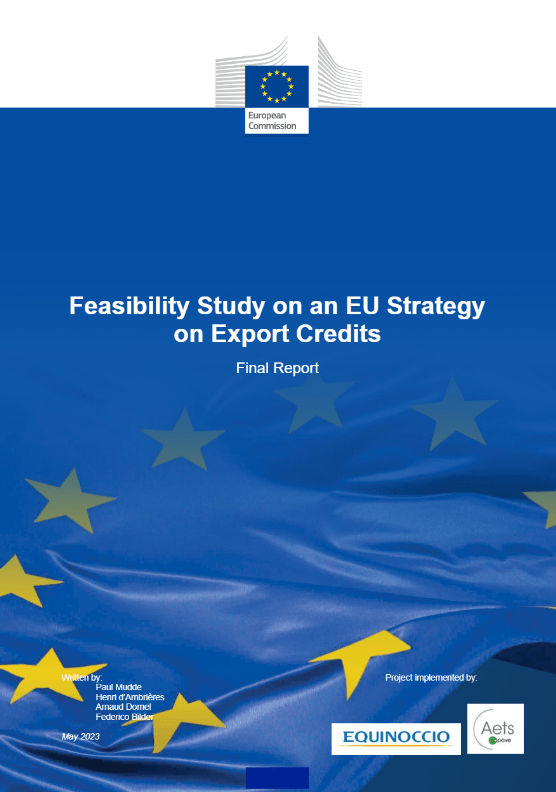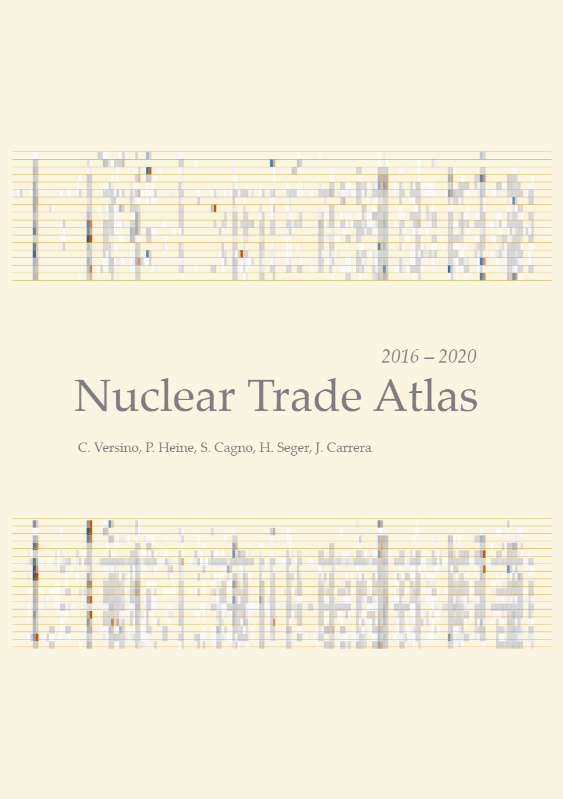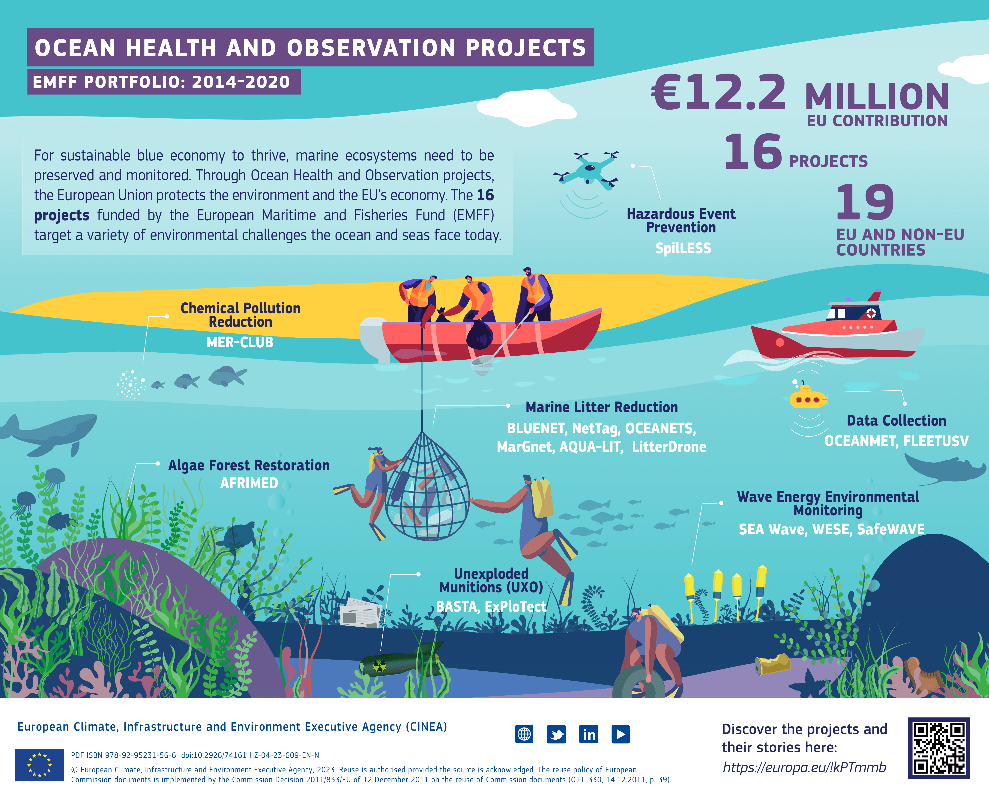
En un mundo en rápida evolución, enfrentado a complejos cambios económicos, sociales, tecnológicos y medioambientales, así como a múltiples transiciones, unas administraciones públicas de alta calidad son esenciales para la buena gobernanza y para la eficacia de la actuación de la UE y de los Estados miembros.
[Leer Más]Esta breve descripción contribuye a una mejor comprensión de la educación y formación profesional (EFP) en España, proporcionando una visión de sus características distintivas y destacando la evolución del sistema y los retos actuales. La FP en España ofrece una amplia gama de programas, flexibles en tipo y duración, presenciales o a través de e-learning, que permiten la acumulación de unidades de aprendizaje y la progresión.
[Leer Más]This study, commissioned by the European Parliament’s Policy Department for Citizens’ Rights and Constitutional Affairs at the request of the Committee on Civil Liberties, Justice and Home Affairs, examines and makes recommendations on the two Directives on standards for equality bodies proposed by the Commission in 2022
[Leer Más]Este estudio, encargado por el Departamento Temático de Derechos de los Ciudadanos y Asuntos Constitucionales del Parlamento Europeo a petición de la Comisión de Libertades Civiles, Justicia y Asuntos de Interior, examina las dos Directivas sobre las normas relativas a los organismos de igualdad propuestas por la Comisión en 2022 y formula recomendaciones al respecto.
[Leer Más]The Coordinated Activities on the Safety of Products (CASP) projects enable all market surveillance authorities (MSAs) from European Union (EU) and European Economic Area (EEA) countries to cooperate in reinforcing the safety of products placed on the European Single Market.
[Leer Más]Los proyectos incluidos en las Actividades coordinadas sobre seguridad de productos (CASP) fomentan que todas las autoridades de vigilancia del mercado (AVM) de los países de la Unión Europea (UE) y el Espacio Económico Europeo (EEE) cooperen para reforzar la seguridad de los productos comercializados en el mercado único europeo.
[Leer Más]This publication answers some of the more frequently asked questions raised in discussions about cannabis legislation. While the primary focus is on the use of cannabis for recreational purposes, relevant legislation for other uses, including medical and commercial cannabis-derived products such as cosmetics, wellness products and foods, is included in order to provide the necessary context for various policy initiatives.
[Leer Más]The purpose of this Final Report is to provide a logical framework, make recommendations and identify suitable delivery mechanisms for an EU Export Credit Strategy. Exports are essential to wealth and employment in the EU. In 2020, exports to third-country markets (extra-EU exports) accounted for 16 percent of the EU’s combined value added and 14 percent of employment – over 38 million jobs in 2020. On average, EUR 1 million in extra-EU goods exports supports 12 jobs (up to 50 in some Member States). EU exports from a Member State country create jobs not only in that country but also in other Member States – 6 million out of 38 million EU jobs supported by exports to third-country markets through outsourcing and multiplier effects. However, EU exports have faced adverse winds in recent years. For capital goods in particular, the share of the EU-27 exports in third-country markets fell 3 percentage points in the last decade to less than 19 percent in 2020. The decline is especially steep for exports to riskier destinations (which the OECD classifies under Categories 4 to 7 in its country risk classification). During the last decade (2010-2020), the share of EU exports in these markets declined 5 percentage points to 22 percent for overall merchandise goods, and by 9 percentage points to 25 percent for capital goods. Likewise, the share of EU international contractors has declined from 32 to 25 percent in the Middle East, from 38 to 24 percent in Asia, and from 37 to 18 percent in Africa. To win contracts in these markets, EU businesses need access to export and investment finance.
[Leer Más]Building on prior work developing a Strategic Trade Atlas promoting understanding of global trade flows of strategic goods, a Nuclear Trade Atlas was developed based on publicly available trade data. The Nuclear Trade Atlas examines trade patterns and trends for seventeen commodities based on a two-step assessment of the trade’s nuclear relevance: first estimating the probability that trade classified under a given Harmonized System (HS) code represents a specific commodity included in the export control lists of the Nuclear Suppliers Group, and second estimating the probability that the listed, often dual-use, commodity would be indicative of nuclear use. These estimates combine to provide a measure of the likelihood trade classified under a given HS code may be nuclear relevant. By exclusively focusing on the HS codes most highly ranked by this measure, the resulting data visualizations comprising the Nuclear Trade Atlas provide those responsible for regulating or monitoring nuclear trade greater understanding of relevant global trading patterns and trends. The Atlas includes both commodityand country-based views of nuclear trade. It is published as a book and as an interactive tool. Besides trade data, the interactive Atlas also includes data about countries’ non-proliferation commitments, allowing users to take this information into consideration while analyzing specific trade flows.
[Leer Más]For sustainable blue economy to thrive, marine ecosystems need to be preserved and monitored. Through Ocean Health and Observation projects, the European Union protects the environment and the EU’s economy. The 16 projects funded by the European Maritime and Fisheries Fund (EMFF) target a variety of environmental challenges the ocean and seas face today.
[Leer Más]- « Anterior
- 1
- …
- 42
- 43
- 44
- 45
- 46
- …
- 1.777
- Siguiente »

